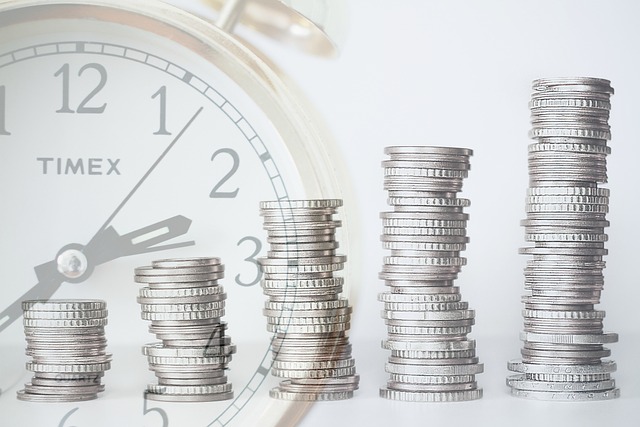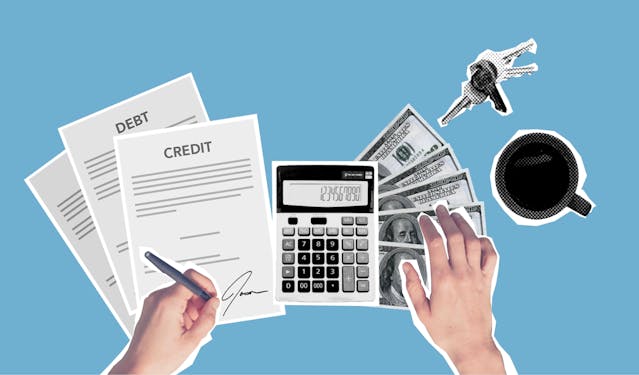A credit score is a three-digit number that represents your creditworthiness. It is a numerical representation of your credit history and is used by lenders to determine your credit risk. In simpler terms, it is a measure of how likely you are to repay your debts on time.
What is a Good Credit Score?
A good credit score is typically considered to be above 700. However, the exact definition of a good credit score may vary depending on the credit scoring model used by the lender. Generally, a credit score above 800 is considered excellent, while a score below 600 is considered poor.
Credit Score Ranges
Credit scores typically fall within a range of 300-850. The higher your credit score, the better your creditworthiness is perceived to be. Here is a breakdown of the different credit score ranges:
- Excellent: 800-850
- Very Good: 740-799
- Good: 670-739
- Fair: 580-669
- Poor: 300-579
What Factors Affect Your Credit Score?
Several factors contribute to your credit score, and understanding them can help you improve your creditworthiness. Here are the main factors that affect your credit score:
Payment History
Your payment history is the most crucial factor in determining your credit score. It accounts for 35% of your overall score and reflects your ability to make timely payments on your debts. Late payments, missed payments, and defaults can significantly lower your credit score.
Credit Utilization
Credit utilization refers to the amount of credit you are using compared to your total available credit. It accounts for 30% of your credit score and is calculated by dividing your total credit card balances by your total credit limit. A high credit utilization ratio can negatively impact your credit score.
Length of Credit History
The length of your credit history accounts for 15% of your credit score. It takes into consideration the age of your oldest credit account, the average age of all your accounts, and the age of your newest account. A longer credit history can positively impact your credit score.
Credit Mix
Credit mix refers to the different types of credit accounts you have, such as credit cards, loans, and mortgages. It accounts for 10% of your credit score and shows lenders that you can handle different types of credit responsibly.
New Credit
New credit accounts for 10% of your credit score and takes into consideration the number of new credit accounts you have opened recently. Opening multiple new credit accounts in a short period can negatively impact your credit score.
What is a Good Credit Score to Buy a Car?
A good credit score to buy a car is typically considered to be above 700. However, the exact credit score required to secure a car loan may vary depending on the lender and the type of car you are looking to purchase. Generally, a higher credit score can help you secure a lower interest rate on your car loan.

How Can You Improve Your Credit Score?
If you have a low credit score, there are steps you can take to improve it. Here are some tips to help you improve your credit score:
Check Your Credit Report
The first step to improving your credit score is to check your credit report for any errors or inaccuracies. You are entitled to one free credit report from each of the three major credit bureaus (Equifax, Experian, and TransUnion) every year. Review your report carefully and dispute any errors you find.
Make Timely Payments
As mentioned earlier, your payment history is the most crucial factor in determining your credit score. Making timely payments on your debts can significantly improve your credit score over time. Set up automatic payments or reminders to ensure you never miss a payment.
Pay Down Debt
High credit card balances can negatively impact your credit score. Paying down your debt can help improve your credit utilization ratio and positively impact your credit score. Consider creating a budget and paying off your debts strategically.
Keep Old Credit Accounts Open
Closing old credit accounts can shorten your credit history and negatively impact your credit score. If you have old credit accounts with no annual fees, consider keeping them open to maintain a longer credit history.
Limit New Credit Applications
Applying for multiple new credit accounts in a short period can negatively impact your credit score. Limit new credit applications and only apply for credit when necessary.
What is the Role of Credit History in Your Credit Score?
Your credit history plays a significant role in determining your credit score. It is a record of your past borrowing and repayment behavior and includes information such as your credit accounts, payment history, and credit inquiries. Lenders use your credit history to assess your creditworthiness and determine the risk of lending to you.
Conclusion
In summary, a credit score is a numerical representation of your creditworthiness and is used by lenders to determine your credit risk. A good credit score is typically considered to be above 700, but the exact definition may vary depending on the lender. Several factors affect your credit score, including your payment history, credit utilization, length of credit history, credit mix, and new credit. To improve your credit score, check your credit report for errors, make timely payments, pay down debt, keep old credit accounts open, and limit new credit applications. Your credit history plays a significant role in determining your credit score and is used by lenders to assess your creditworthiness. By understanding what a credit score is and how it is calculated, you can take steps to improve your creditworthiness and achieve a good credit score.





























